

2019-09-25 15:33:00 Wed ET
federal reserve monetary policy treasury dollar employment inflation interest rate exchange rate macrofinance recession systemic risk economic growth central bank fomc greenback forward guidance euro capital global financial cycle credit cycle yield curve
Product market competition and online e-commerce help constrain money supply growth with low inflation. Key e-commerce retailers such as Amazon, Alibaba, and eBay use fast multi-channel pricing algorithms to set the retail prices of consumer goods. For central bankers and monetary policymakers who often need to monitor transitional inflation dynamism over time, retail prices are subject to more frequent adjustments with less insulation from common nationwide shocks. Intense product market competition poses a new economic risk that some retailers may institute an innocuous deterioration in product quality instead of upward price revision.
Online retailers can use smart retail-pricing algorithms to take into account energy costs, exchange rate fluctuations, and other fundamental factors that may affect both production and delivery prices. Product market power concentration further empowers the top 10% superstar companies to capture almost 80% of net profits in Corporate America. These superstar companies retain their competitive moats over the course of more than one single real business cycle (about 7-to-9 years). This anti-competitive clout issue calls for tougher antitrust scrutiny for tech titans (Apple, Amazon, Alibaba, Facebook, Google, and Twitter), big biotech bellwethers (Johnson & Johnson, Pfizer, Merck, Abbot, Amgen, and Bristol-Myers Squibb), and telecoms (Verizon, AT&T, Sprint, and T-Mobile).
If any of our AYA Analytica financial health memos (FHM), blog posts, ebooks, newsletters, and notifications etc, or any other form of online content curation, involves potential copyright concerns, please feel free to contact us at service@ayafintech.network so that we can remove relevant content in response to any such request within a reasonable time frame.
2017-11-27 07:39:00 Monday ET
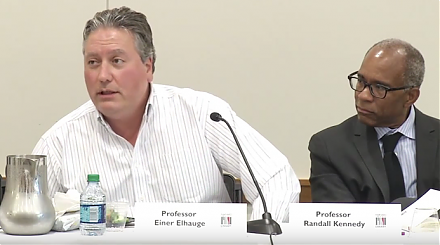
Is it anti-competitive and illegal for passive indexers and mutual funds to place large stock bets in specific industries with high market concentration? Ha
2023-03-28 11:30:00 Tuesday ET
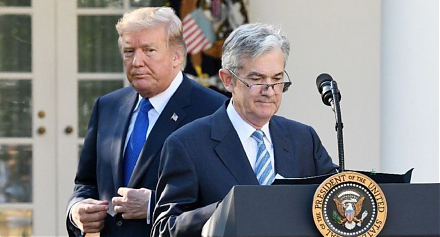
The Federal Reserve System conducts monetary policy decisions, interest rate adjustments, and inter-bank payment operations. Peter Conti-Brown (2017)
2019-09-11 09:31:00 Wednesday ET
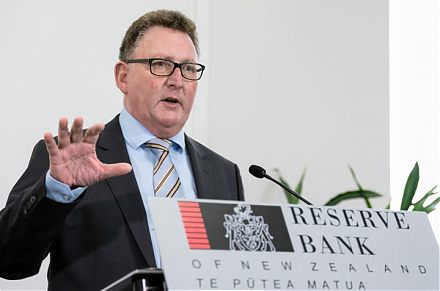
Central banks in India, Thailand, and New Zealand lower their interest rates in a defensive response to the Federal Reserve recent rate cut. The central ban
2018-02-07 06:38:00 Wednesday ET
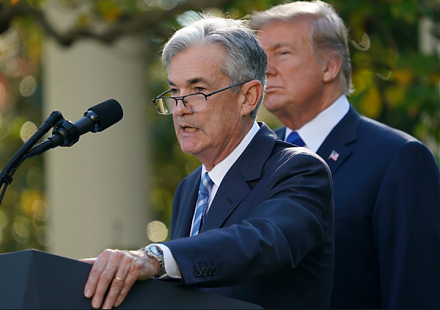
The new Fed chairman Jerome Powell faces a new challenge in the form of both core CPI and CPI inflation rate hikes toward 1.8%-2.1% year-over-year with stro
2018-06-02 09:35:00 Saturday ET

The finance ministers of Britain, Canada, France, Germany, Italy, and Japan team up against U.S. President Donald Trump and Treasury Secretary Steven Mnuchi
2019-06-21 13:33:00 Friday ET
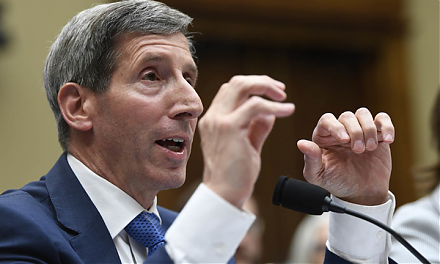
Amazon and Google face more intense antitrust scrutiny. In recent times, Justice Department and Federal Trade Commission have reached an internal agreement